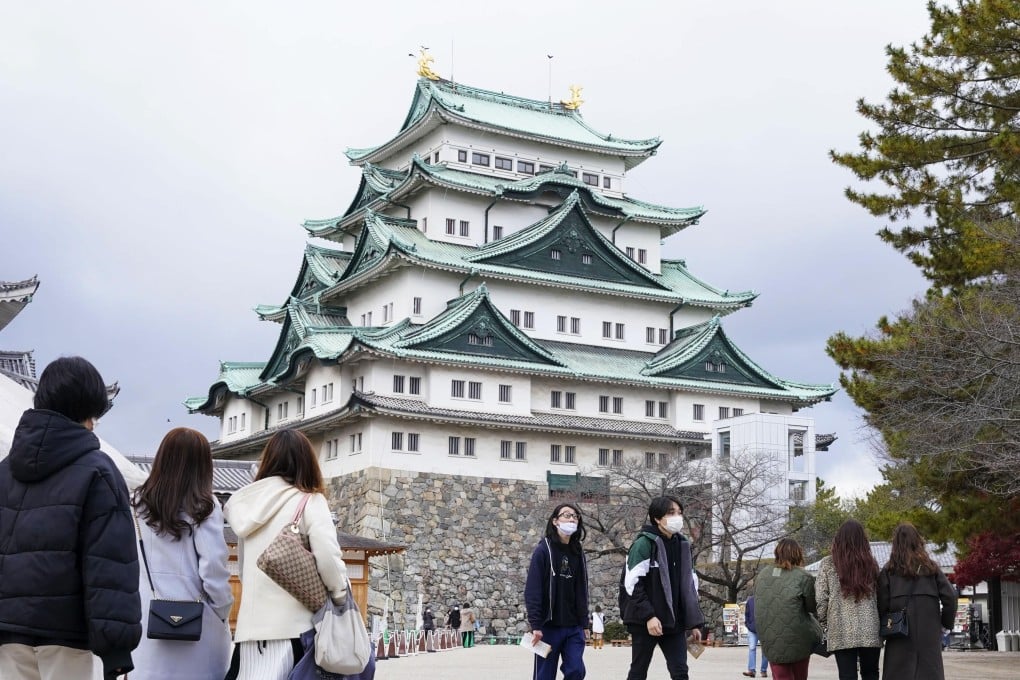Japan plans for foreign tourists’ return with ‘North Korea-style’ tour groups for international visitors
- Industry insiders say domestic tour agencies have been asked to run a closely screened trial of small-scale tours for international visitors to Japan
- It comes amid rumours of a planned reopening to foreign tourists next spring – though Tokyo has not yet set a date and remains tight-lipped about its plans

Japan welcomed some 31.9 million international visitors in 2019, who spent 4.81 trillion yen (US$42.17 billion). But pandemic-era travel restrictions caused foreign arrivals in 2020 to plunge to a 22-year low, according to figures from the Japan National Tourism Organisation – leaving travel operators anxiously awaiting a reopening of the country’s borders.
No date has yet been set for when Japan will reopen to international tourists, though the travel sector saw hope in a loosening of restrictions on November 8 that slashed Covid-19 quarantine periods for vaccinated business travellers and allowed the return of international students and trainee workers with valid visas.

Tokyo’s confirmation on Friday that the daily quota of people allowed into the country would from November 26 increase to 5,000 from 3,500 further raised expectations that more restrictions would soon be lifted.